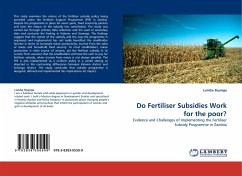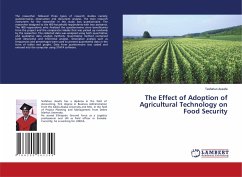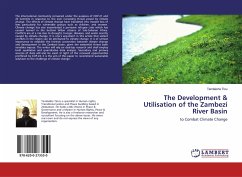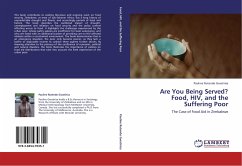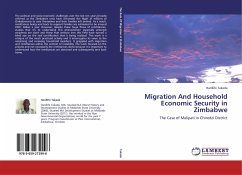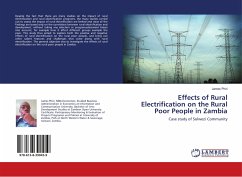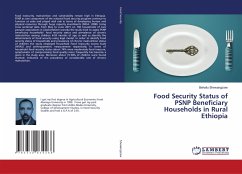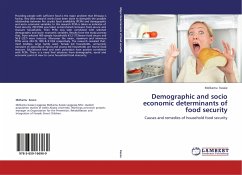This study examines the nature of the fertiliser subsidy policy being provided under the Fertiliser Support Programme (FSP) in Zambia. Despite the programme in place for seven years, food insecurity persists and how the nature of the subsidy has contributed. The study was carried out through primary data collection and the used of secondary data and contrasts the finding in Kalomo and Senanga. The findings suggest that the nature of the subsidy and the way the programme is organised and implemented has not really benefited the smallholder farmers in terms of increased maize productivity, income from the sales of maize and household food security. To most smallholders, maize production is main source of income, yet the fertiliser subsidy in its current form assumes that the smallholders will have the cash to pay for fertiliser subsidy, when income from maize is not always possible. The FSP is also implemented as a uniform policy in a varied setting as depicted in the contrasting differences between Kalomo district and Senanga district. The study concludes that subsidy programme is designed, defined and implemented has implications for impact.
Bitte wählen Sie Ihr Anliegen aus.
Rechnungen
Retourenschein anfordern
Bestellstatus
Storno

